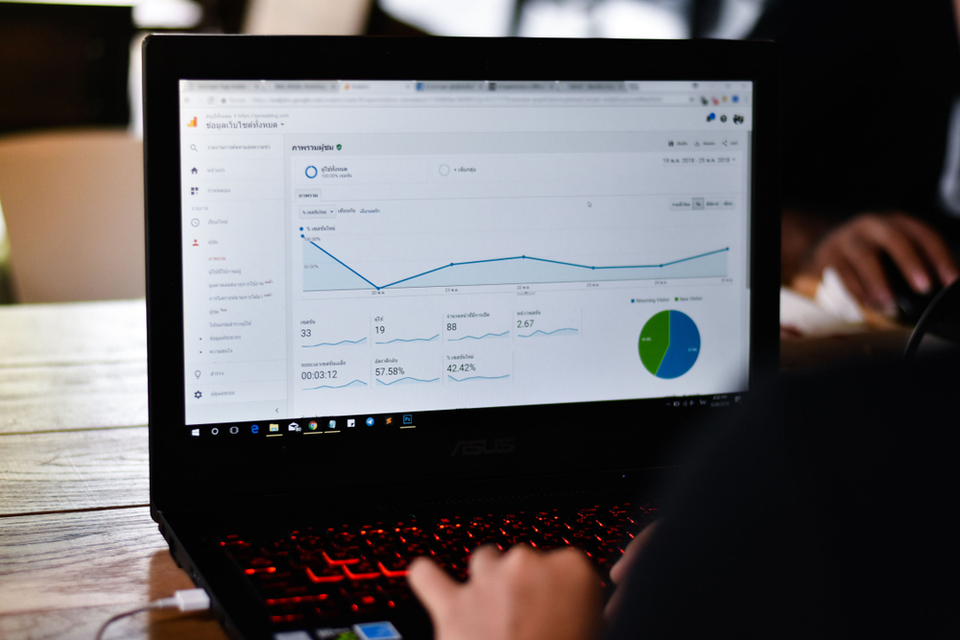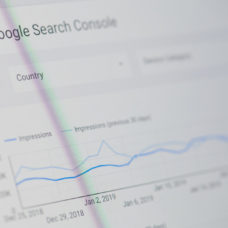In a recent Webmaster Hangout, Google‘s John Mueller explained the possible reasons why a website could gradually lose ranking.
A publisher reported a gradual month to month drop in search traffic and was wondering what was responsible. The individual wasn’t sure if the backlinks — 50 percent from a single domain — or the auto-generated content was to blame.
However, Mueller points out that links and content are not always to blame. The webmaster explained that it’s a more general thing, especially when the gradual drop persists for an extended period.
Mueller said:
“And that generally wouldn’t be a sign that there’s this one thing that you’re doing wrong, which kind of made everything blow up if you see these kinds of granular step by step changes over a longer period.”
So, what’s responsible for the search traffic decline?
Why Websites Gradually Lose Ranking
John Mueller’s answer suggested that four issues can lead to a gradual decline in search engine ranking. These include:
- Changes in the ecosystem
- Algorithm changes
- Users are now searching in different ways
- Users now expect different content in a search result
John Mueller did not explain what “ecosystem change” means. However, he might be implying that something outside of the site is causing a traffic decline.
Link Rot is an example of such an external cause. Link Rot refers to the constant and natural disappearance of links. And it could occur when a site goes offline or when a site owner removes a webpage.
Increased competition could also lead to a change in the ecosystem. Competitors that improve their promotional activities will enjoy a higher search engine ranking. But that also means someone else’s site will go down.
Algorithm changes are gradually improving how the search engine understands and classifies search queries and webpages. From the August 2018 core update to BERT, updates are now focusing on user intent and if web pages provide relevant results.
In the end, John Mueller advised the publisher to take a step back and take a second look at the site. Maybe he or she could identify things to improve.
“So, that to me would be something where I try to take a step back and try to take a look at the website in general overall. And find areas where you can make significant improvements to kind of like turn the tide around a little bit and make sure that your site becomes more relevant or becomes significantly more relevant for the kinds of users you’re trying to target.”



















Comments (0)
Most Recent